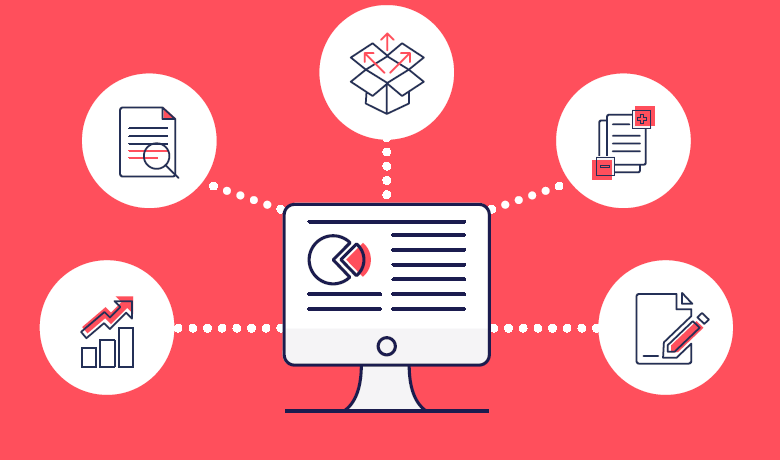Could you be held personally liable if your company defaults on a Bounce Back Loan (BBL)?
“No lender was allowed to ask for a personal guarantee”.
During the Covid pandemic, 1.5 million businesses chose to take out a Bounce Back Loan, leading to a total of £47 billion being lent. The terms for these loans were purposefully set to be supportive to directors and no lender was allowed to ask for a personal guarantee.
Even for a sole trader or small partnership who, without the protection of a limited company, often risk their personal assets when taking out a loan, the BBL terms mean that no recovery action can be taken over a principal private residence (the house you and your family live in) or a primary personal vehicle (your main car).
The Government guaranteed 100% of the BBL scheme, which means if the company which took out the loan enters a formal insolvency process (such as liquidation), the Government repays the lender in full.
Fraudulent use of Bounce Back Loan
There has been a lot of publicity and articles written on the fraudulent use of Bounce Back loans. Yes, some company directors did take out the loan and used it to finance a Ferrari or a touring caravan. But luckily the vast majority used the BBL for the purposes it had been deigned. That is to assist their business during a difficult and unprecedented time.
British Business Bank guidance states, “……the loan will only be used to provide economic benefit to the business…”. An example given is the provision of working capital and goes on to explain that a BBL was not for personal purposes.
The founder of MoneySavingExpert, Martin Lewis, asked the Treasury to specifically elaborate on this statement. Martin then confirmed that he had received a written reply from the Treasury confirming that supporting a company director’s income was an acceptable use of the loan and indeed that obtaining a loan for that purpose had been reasonable.
We refer to the MoneySavingExpert information as useful background rather than as definitive guidance.
R3 (the trade association for the UK restructuring and insolvency community) then went on to publish a very useful set of ‘frequently asked questions ’around the BBL scheme. While these cannot be relied on as formal guidance, answers include if “…they used the BBLS loan monies to draw funds for reasonable living expenses at a rate similar or lower to that of pre-pandemic then it would be difficult to justify taking action against the director…”.
Realistically, there are multiple factors that must be used to determine if a Bounce Back Loan may have been obtained or used dishonestly.
What happens if my company goes into liquidation with a BBL?
If a BBL was not obtained and used legitimately and the company finds itself in a position where it can’t afford to repay the loan and subsequently enters into a formal insolvency procedure, there is a risk that company directors could be made personally liable for the repayment of the loan.
In the case of an insolvent company, the liquidator (who must be an insolvency practitioner) is legally bound to review the activities of the company and decide if one or more of the directors is responsible for its failure.
The pandemic has taken us as licensed insolvency practitioners into a new situation. We are very used to supporting business owners who are forced to close their company through no fault of their own. However, multiple businesses facing the same issue at the same time is unprecedented.
As insolvency practitioners, we have needed to apply insolvency law and guidance to a set of circumstances that weren’t foreseen at the time the guidance was prepared.
A mixture of knowledge, experience and common sense has had to be applied to each individual company situation to make a distinction between directors who have acted dishonestly and those who have been simply unfortunate and now can’t repay a Bounce Back Loan.
If the loan has been used sensibly, however, any liquidation would mean the end of the debt. Again, an insolvency practitioner will be looking for evidence that the loan has been ‘demonstrably ’used ‘to provide an economic benefit to the business ’or support the company director(s) with a sensible income level.
Are you worried about personal liability and your Bounce Back Loan?
If your company is facing financial difficulties and you are concerned you could be made personally liable for repaying its Bounce Back Loan, then please call our expert team of licensed insolvency practitioners on 0800 054 6580 or email enquiries@fasimms.com. We will help you understand your options and provide the peace of mind that you’ve made the right decisions for you and your business.





